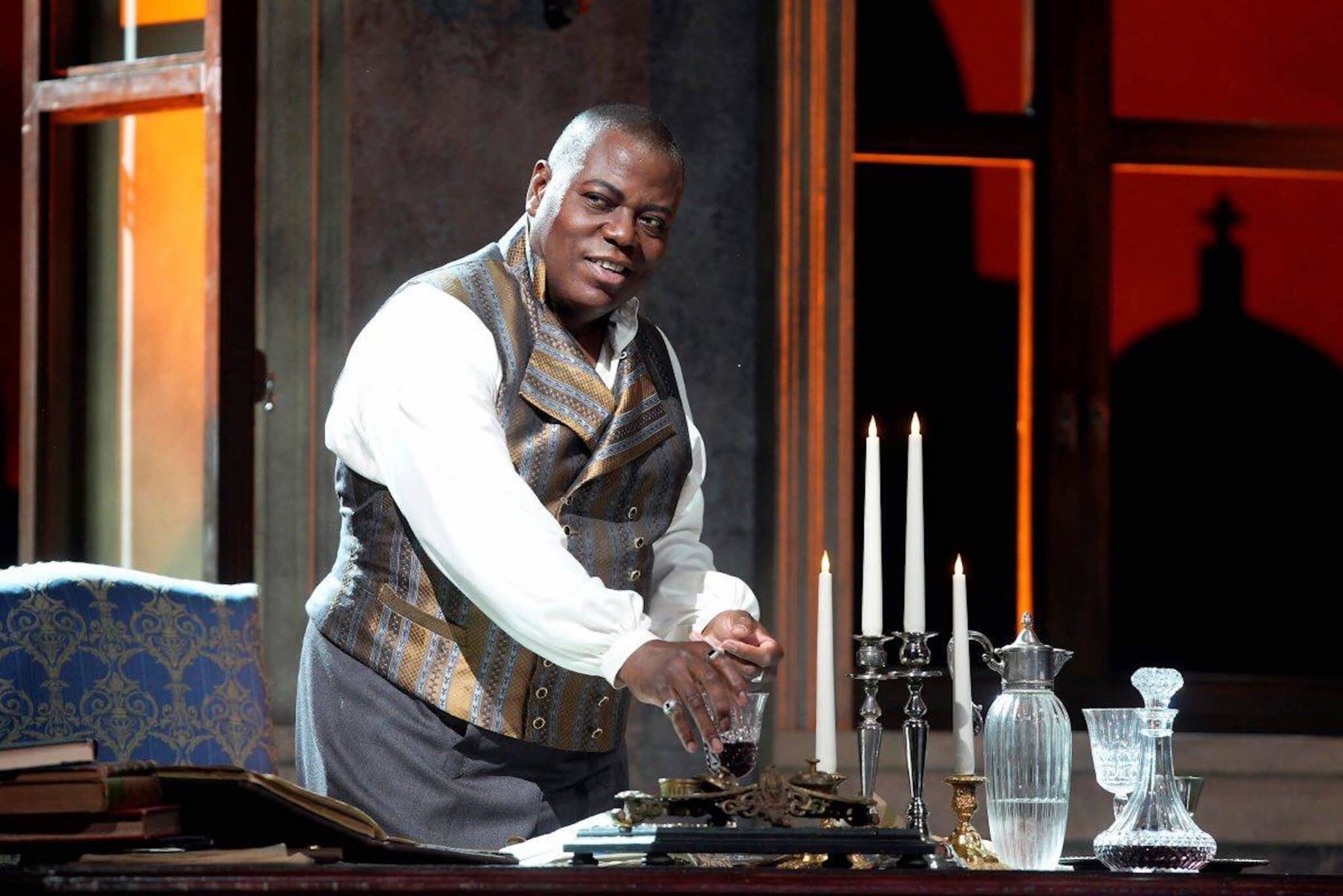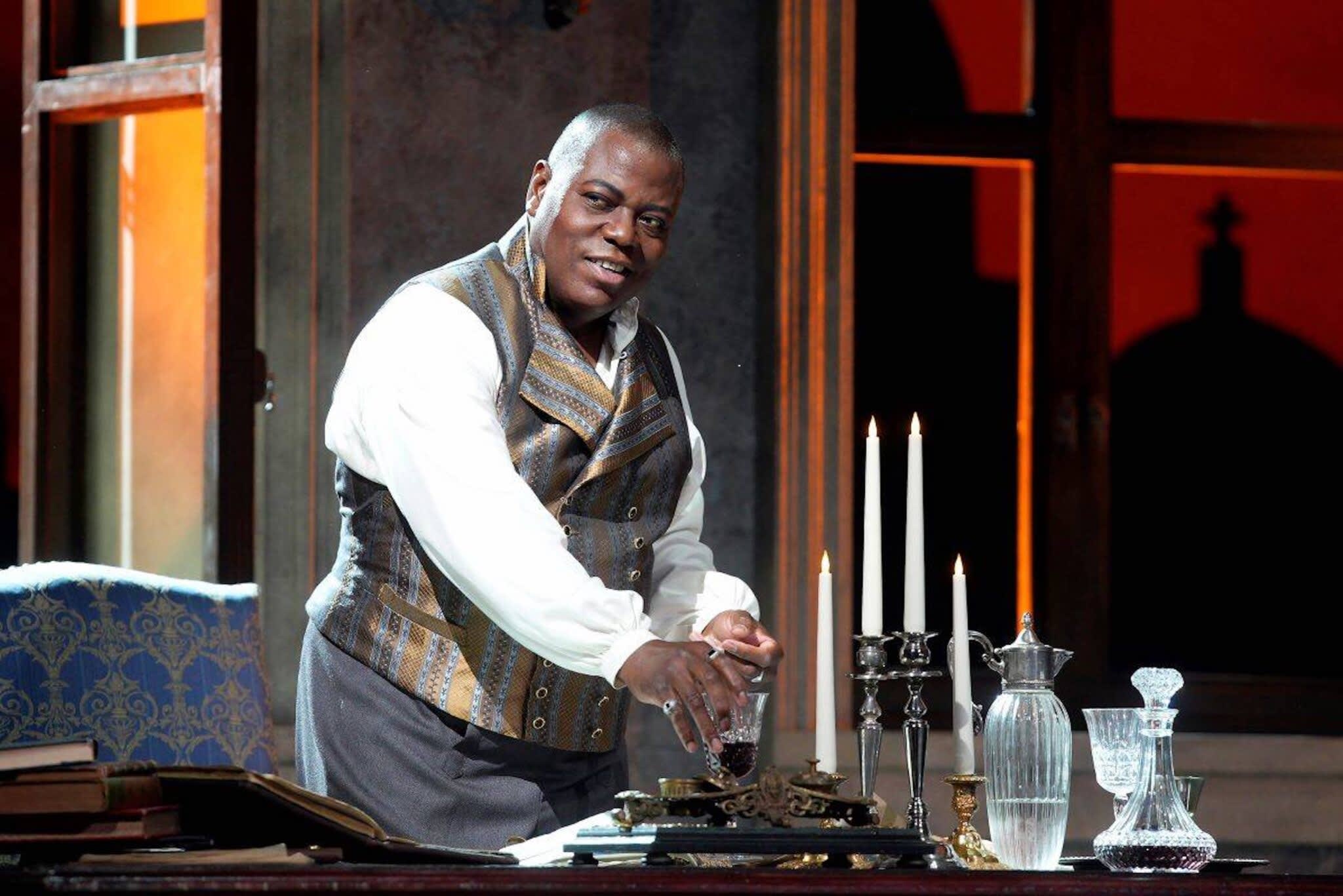Beethoven's Symphony No. 9: Boston Philharmonic Orchestra





Friday, Feb 24, 2023 8:00p -
10:00p
Where:
Symphony Hall
301 Mass. Avenue
Boston, MA- 02115
Admission:
$115, $90, $60, and $30, with $10 student tickets; live stream of the February 26 performance is $20 for general admission, $10 for students, and $40 for supporters
Categories:
Date Idea, Kid Friendly, Music, Rainy Day Ideas
Event website:
https://www.bostonphil.org/concerts/2022-2023/bpo3-beethoven9
Having defied convention in his recording of Beethoven’s Ninth Symphony with London’s Philharmonia Orchestra in 2018, Maestro Benjamin Zander leads the Boston Philharmonic Orchestra (BPO) in what he describes as a “newly liberated interpretation” of the piece on Friday, February 24, 2023, at 8 PM at Symphony Hall in Boston, with a repeat program on Sunday, February 26, at 3 PM at Carnegie Hall in New York (also available via live stream). Zander also provides his legendary “Guide to the Music” talk at 6:45 PM on February 24 and at 1:30 PM on February 26.
Zander and the conductors descending from the more classical Mendelssohn (such as Rene Leibowitz and Zander in the early 1970’s, under the influence of the legendary Rudolf Kolisch)—and more recently the historically informed conductors—take Beethoven’s text, including the tempos, literally. The post Wagner and Bruckner conductors (from Romantic conductors such as Furtwangler to prominent modern-day conductors such as Barenboim) ignore Beethoven’s stated and fervently advocated tempo indications. Today the octogenarian Zander, who is marking his 50th year as a conductor in 2022-23, believes there is room for both
Guest soloists and performers include multi-Grammy-nominated tenor Nicholas Phan, soprano Liv Redpath (a graduate of both Harvard and Juilliard, who is making her Boston orchestral debut), mezzo-soprano Ashley Dixon, baritone Alfred Walker, Boston’s Chorus Pro Musica, and the Marsh Chapel Choir at Boston University directed by Scott Allen Jarrett.
After spending nearly 50 years studying and obsessing over the most epic of Beethoven's symphonies—both in length and performers utilized—Zander aims to unite two very different schools of thought on tempo indications into a single powerful and moving vision while on the conductor’s podium.
Zander’s recording is considered revolutionary for its faithful adherence to Beethoven’s designated tempi—relying on the metronome markings from the composer to indicate the exact pace at which he wanted passages played. The recording finally fulfilled Zander’s quest to give the world the version that, by all written indications, Beethoven appears to have heard in his mind. According to The Sunday Times, “This account of the Ninth is unprecedented in using all 14 of Beethoven’s late-added metronome marks. [It] heaps revelation on revelation.”









